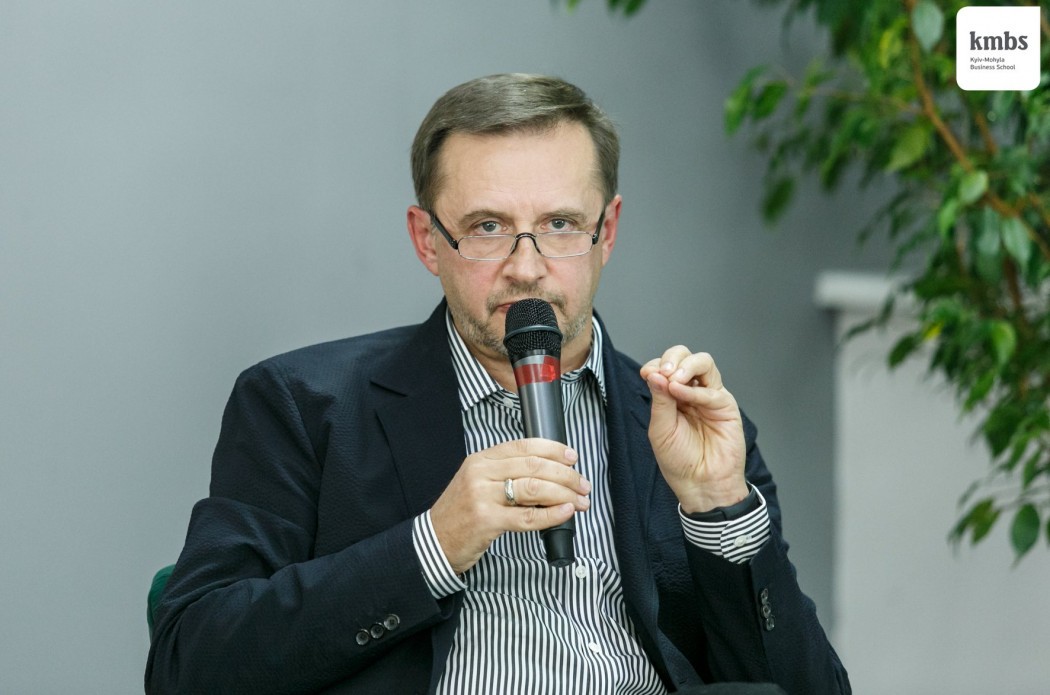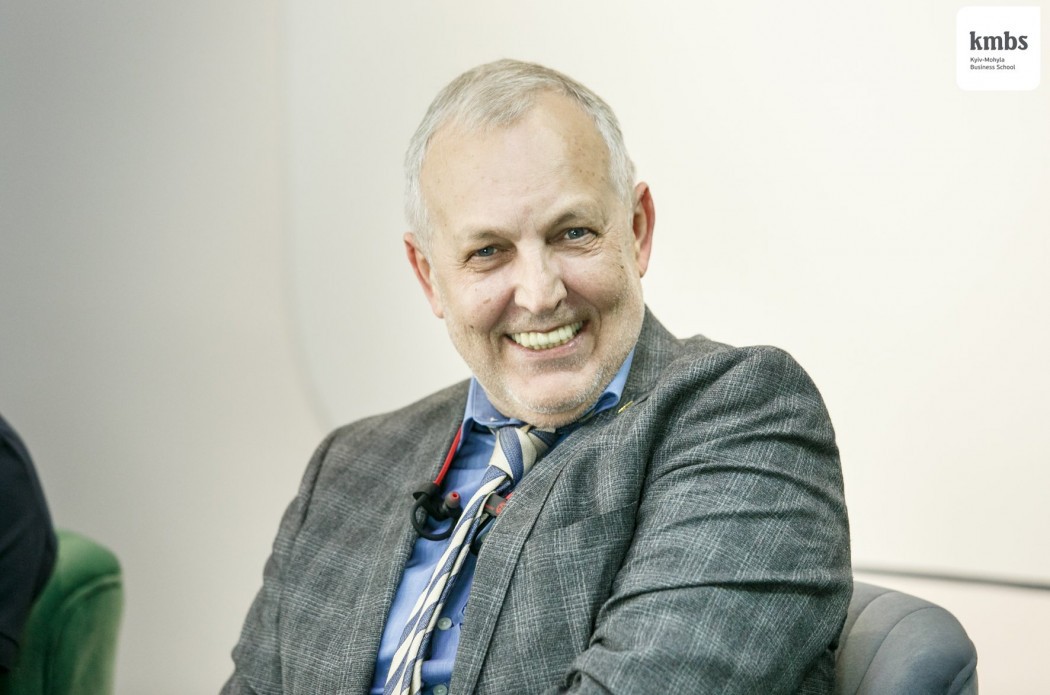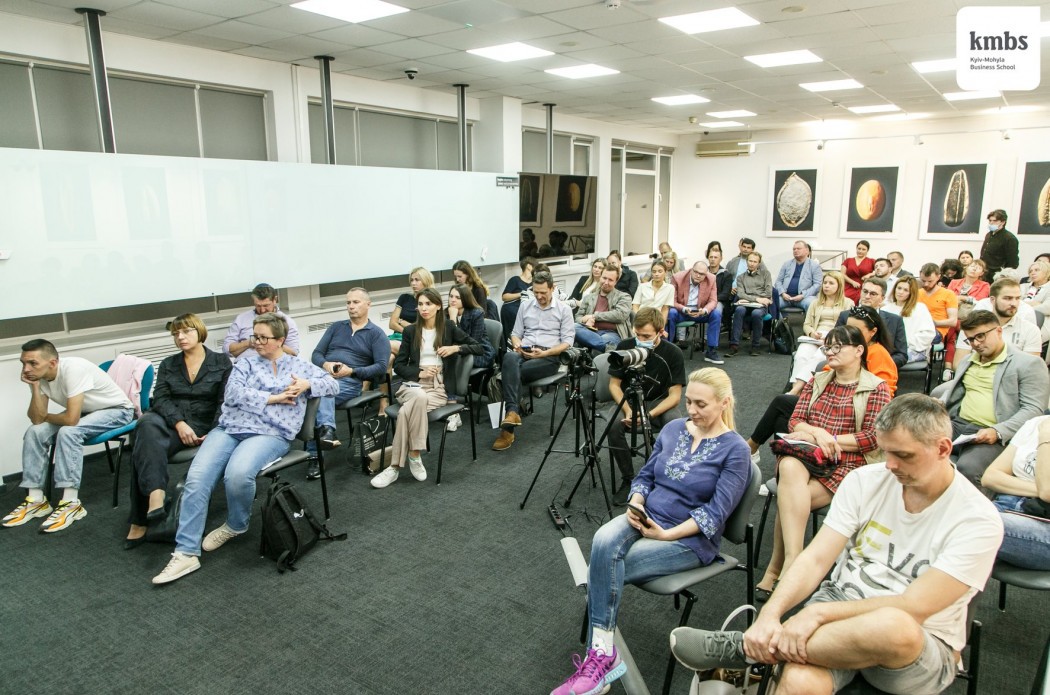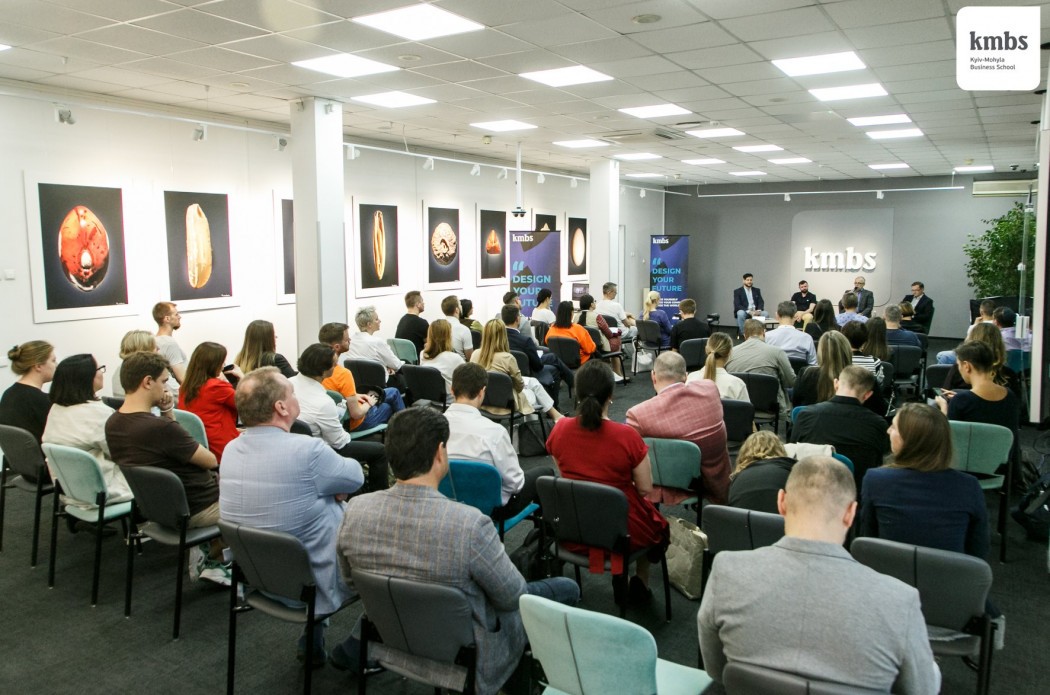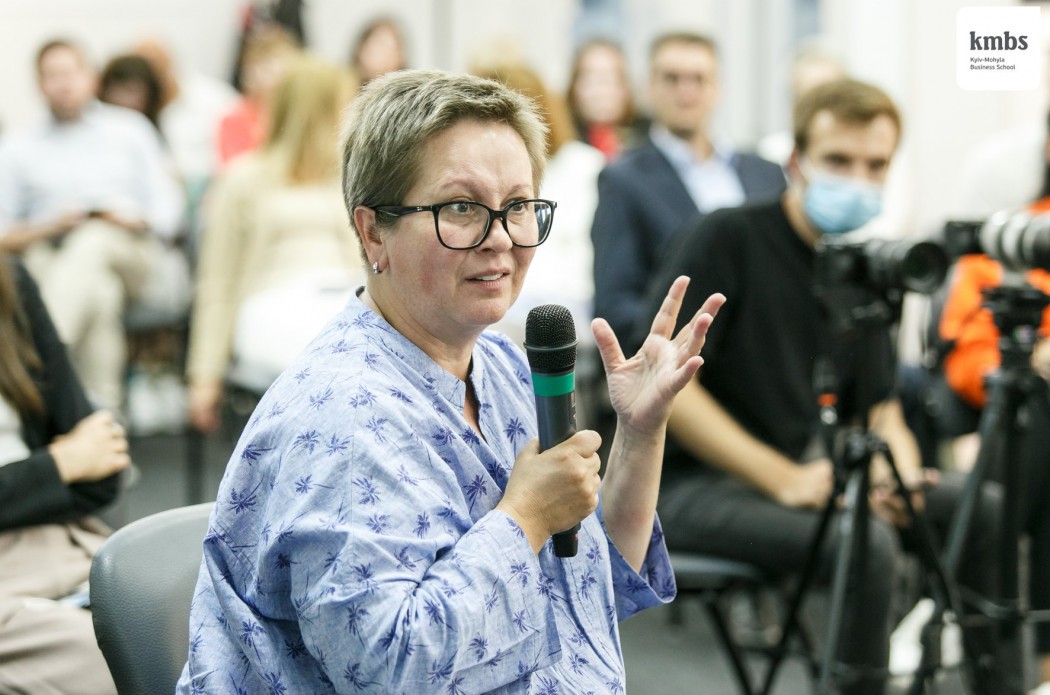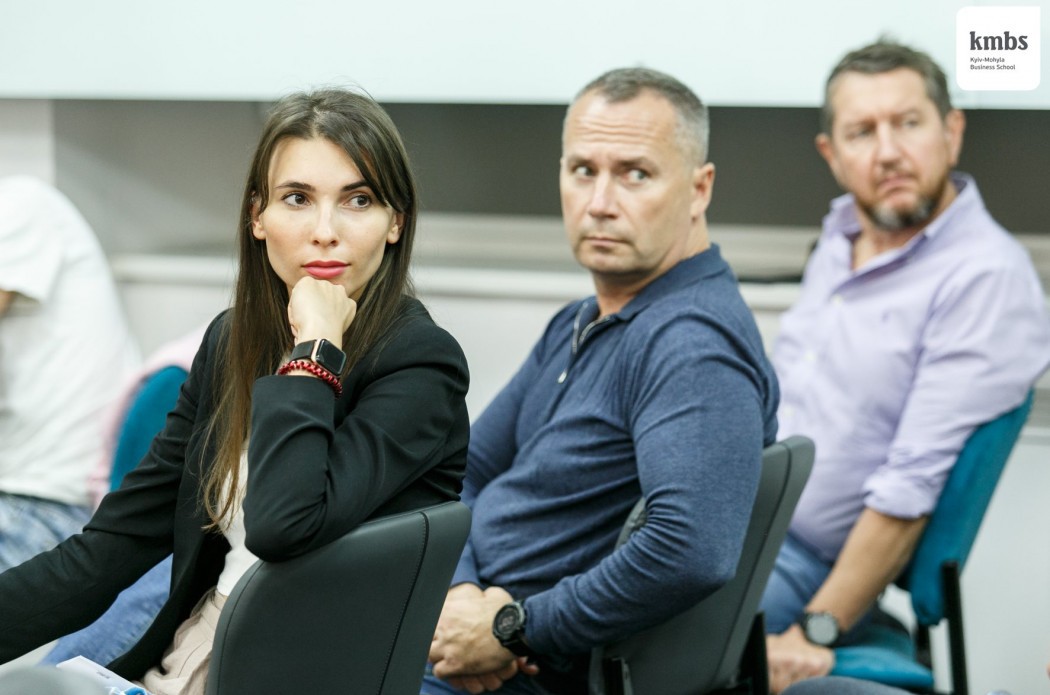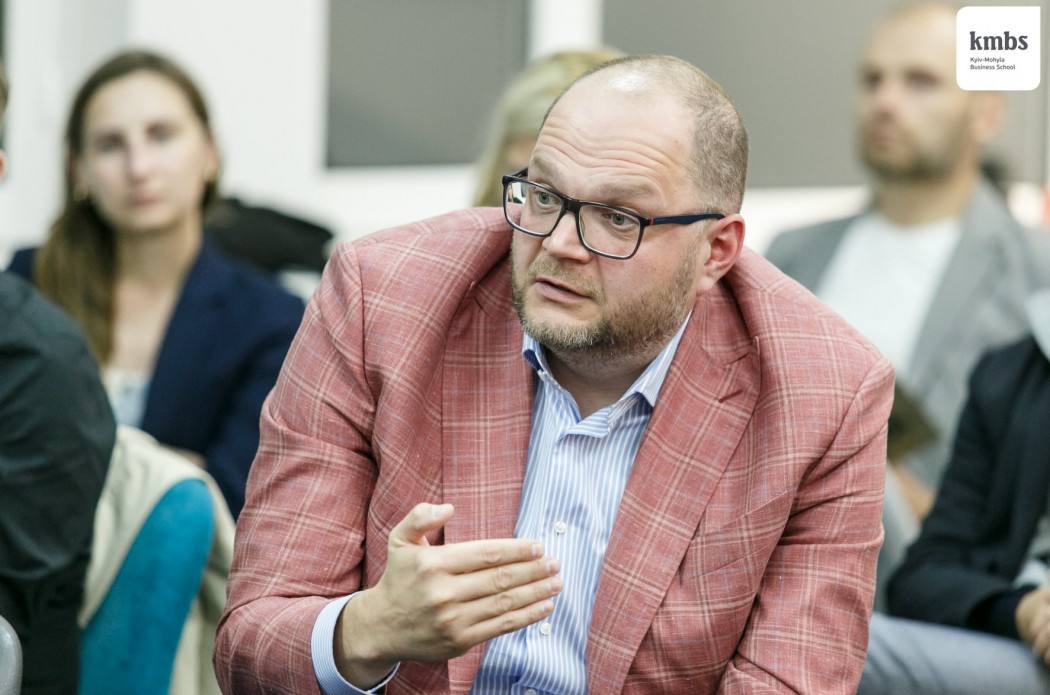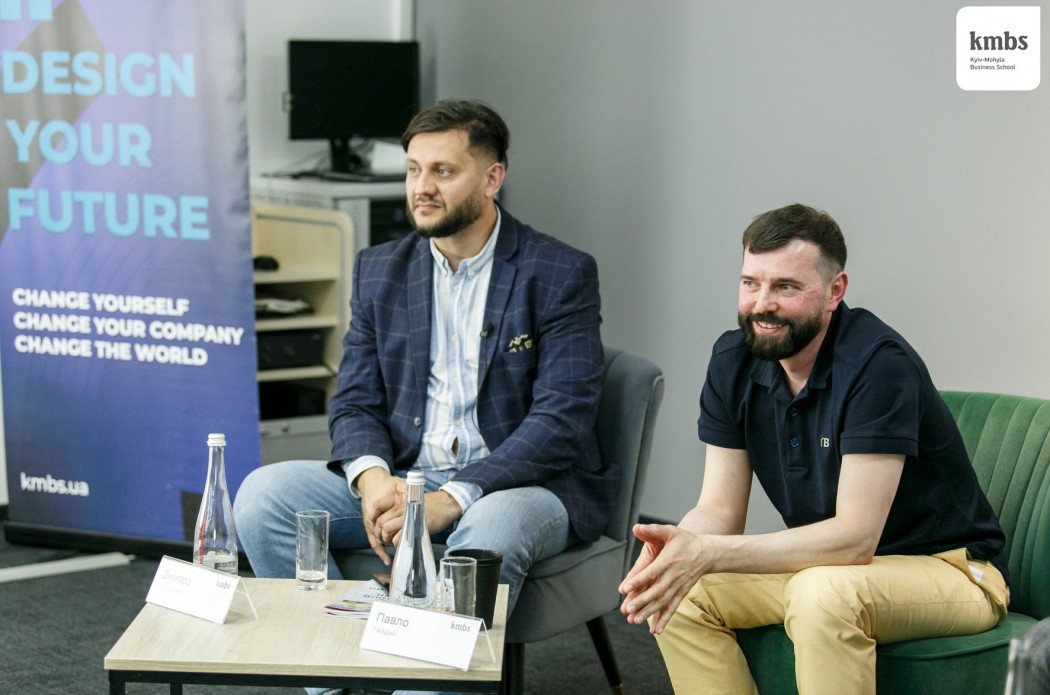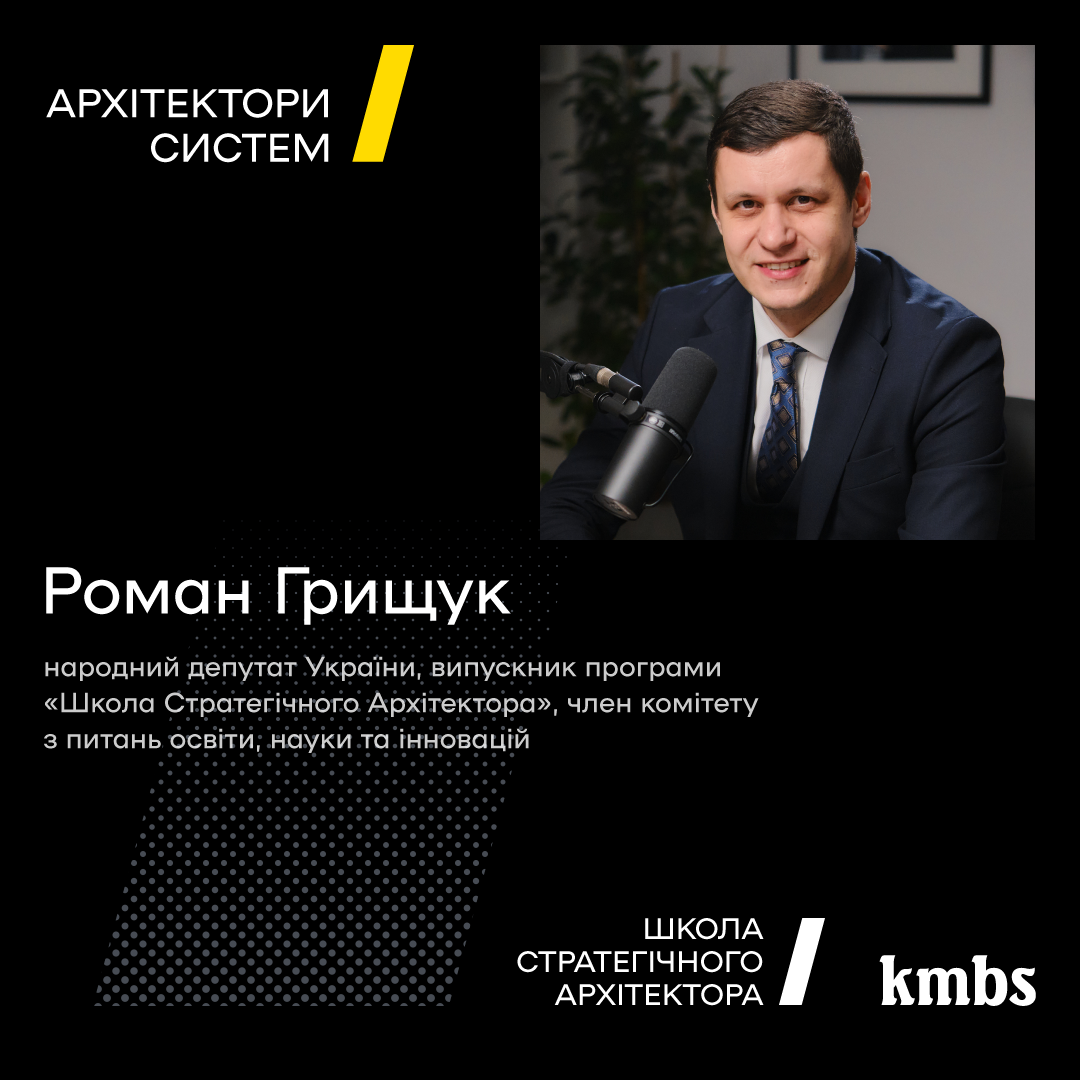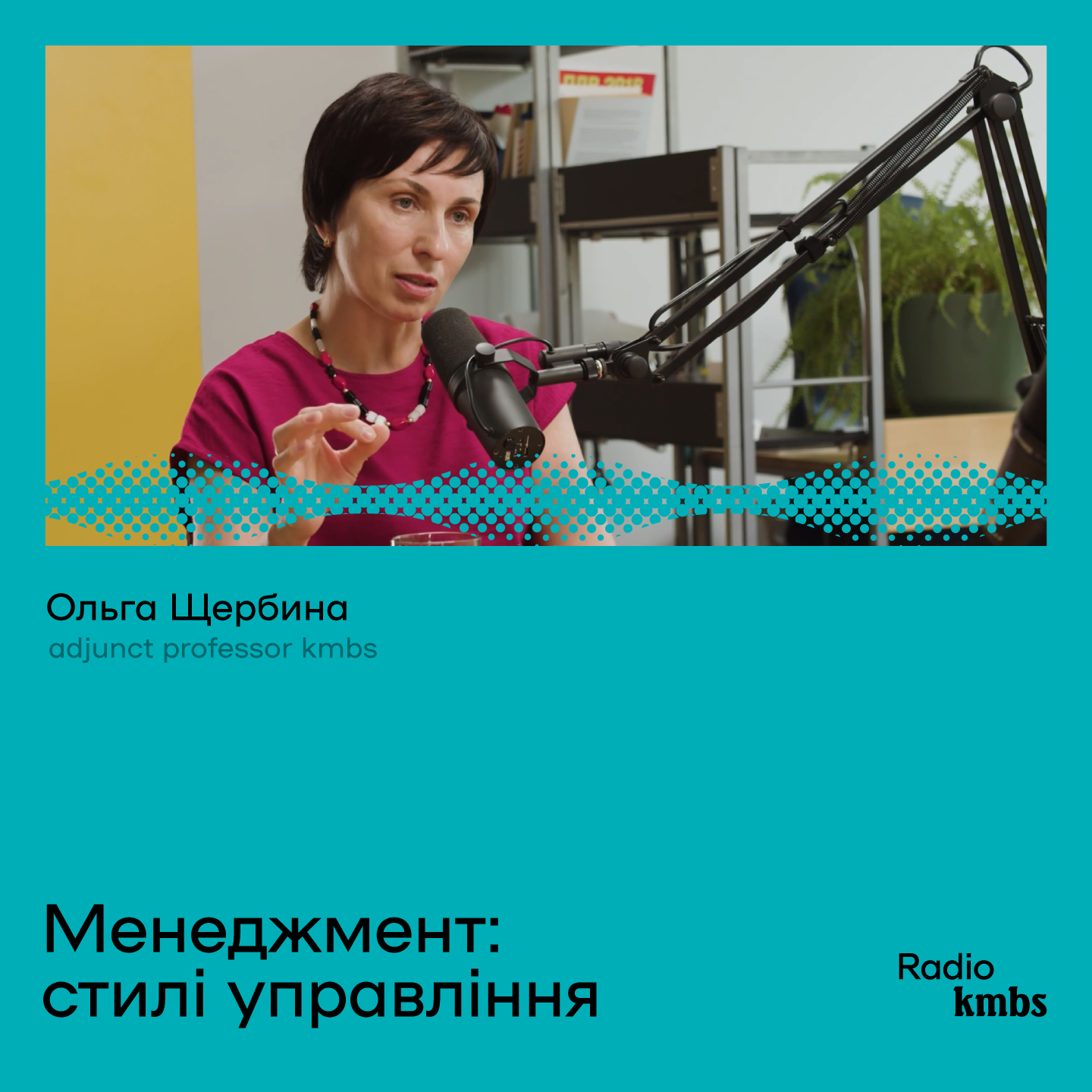Learn first
KMBS latest news in real time

For the latest KMBS events and news, visit KMBS Live at the top right corner of the screen
Open kmbs live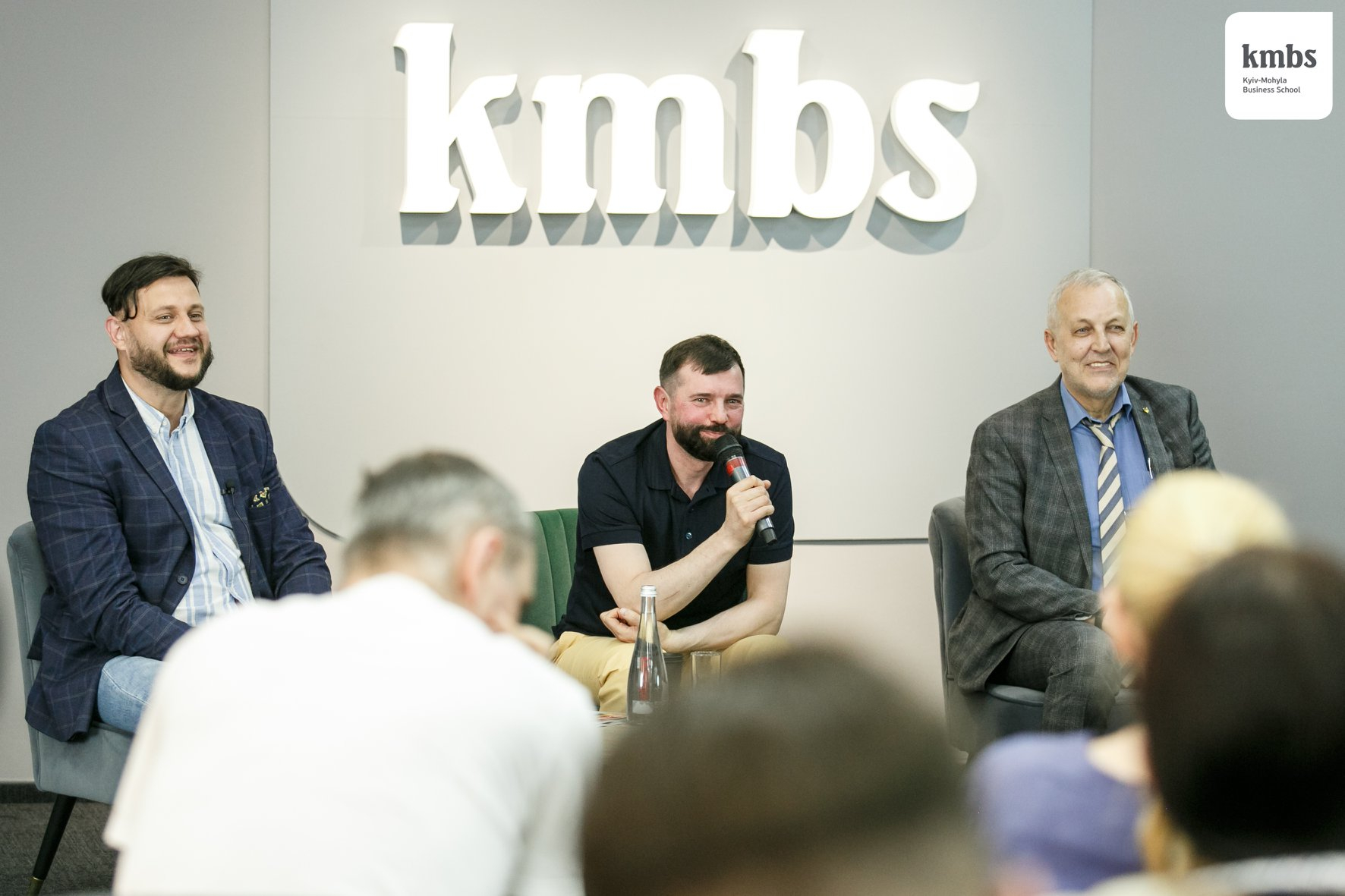
10.09.2021
Partnerships
"If a businessman is accustomed to creating value, he will add in culture," - Olexandr Savruk
The topic attracted a large number of interested people. Managers, politicians, journalists, representatives of the creative sector, and public organizations gathered to discuss topical issues.

Find out kmbs news and events first
kmbs
live

Новий подкаст: "Стратегічна гнучкість: як аналітичне мислення допомагає адаптуватись до мінливих умо ...
